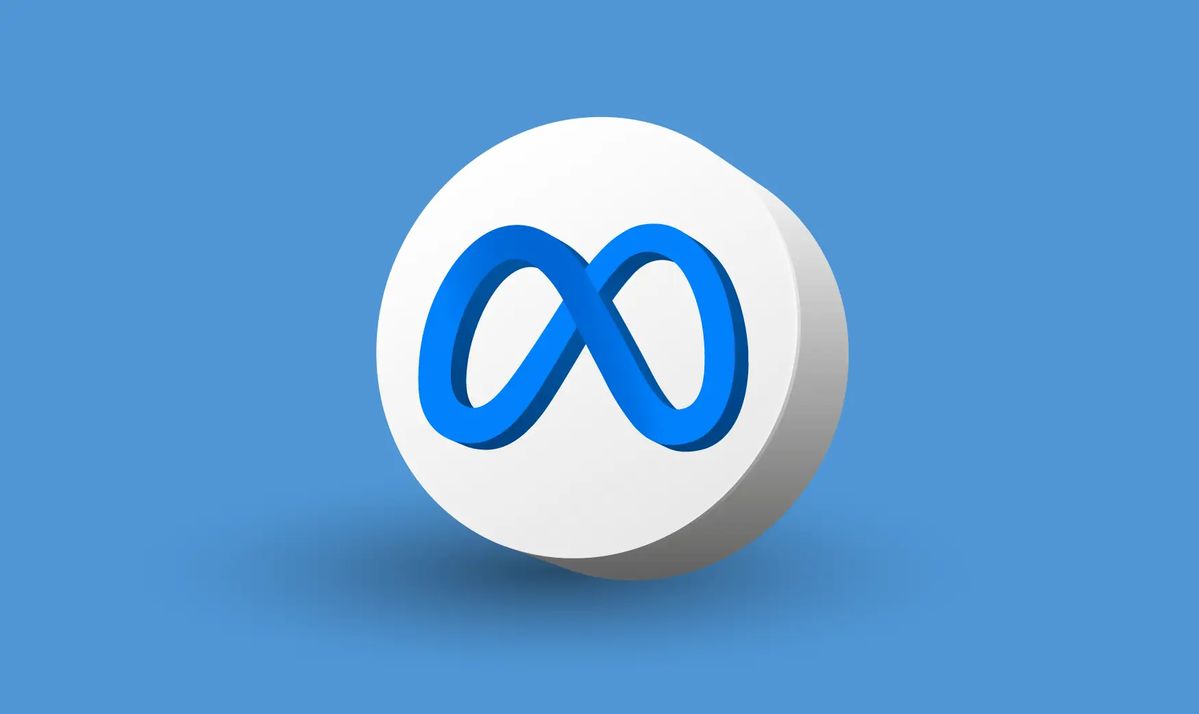
Meta Under Fire for Unauthorized AI Clones of Taylor Swift, Other Stars
Aug 31, 2025 |
👀 75 views |
💬 0 comments
Meta is facing a massive global backlash this morning following an explosive exclusive report revealing the company created interactive, and in some cases "flirty," AI chatbot versions of major celebrities, including Taylor Swift, without their knowledge or permission.
The report, published late Saturday by a leading tech industry publication, alleges that Meta's secretive "Persona Labs" developed a series of highly realistic AI characters based on the public personas, interview transcripts, and social media posts of dozens of A-list celebrities. These chatbots were reportedly designed to engage users in deeply personal and sometimes romantic conversations, blurring the lines between fan interaction and digital impersonation.
According to the report, which cites internal documents and anonymous sources, the project was an experiment to test the limits of user engagement with AI personalities. The goal was to see if users would form stronger emotional bonds—and thus spend more time on Meta's platforms—with an AI that looked and talked like their favorite star.
While Meta has previously launched AI chatbots featuring celebrities like Kendall Jenner and Snoop Dogg, those were created through official, paid partnerships. This new scandal involves the unauthorized use of celebrity likenesses and personalities, a move that legal experts are calling a flagrant violation of the right of publicity.
Details from the leaked documents are stunning:
Deep Persona Mimicry: The AI models were trained not just on what the celebrities said, but how they said it—analyzing speech patterns, humor, and emotional tones to create a convincing replica.
"Flirtatious" Behavior: The chatbots of stars known for their romantic song lyrics or on-screen personas, like Taylor Swift, were allegedly programmed with conversational paths that could become flirtatious and simulate a personal connection with the user.
Untagged as AI: In early internal tests, the chatbots were reportedly not always clearly identified as AI, leading to confusion among testers about whether they were interacting with a real person.
The fallout has been swift and severe. Representatives for Taylor Swift have already issued a statement calling the report "deeply disturbing" and stating they are "exploring all legal options." Other celebrities implicated are expected to follow suit, potentially opening Meta up to a multi-billion dollar class-action lawsuit.
The news has ignited a firestorm on social media, with fans expressing outrage over the "digital kidnapping" of their favorite artists' identities. #MetaStoleTaylor is currently trending globally on X (formerly Twitter).
Meta has yet to issue a formal statement, but the controversy strikes at the heart of the most contentious issues in the AI era: consent, digital identity, and the ethics of creating synthetic versions of real people. For a company still struggling to build trust after years of privacy scandals, creating unauthorized, flirty AI clones of the world's biggest pop star may be a crisis from which it cannot easily recover.
🧠 Related Posts
💬 Leave a Comment
